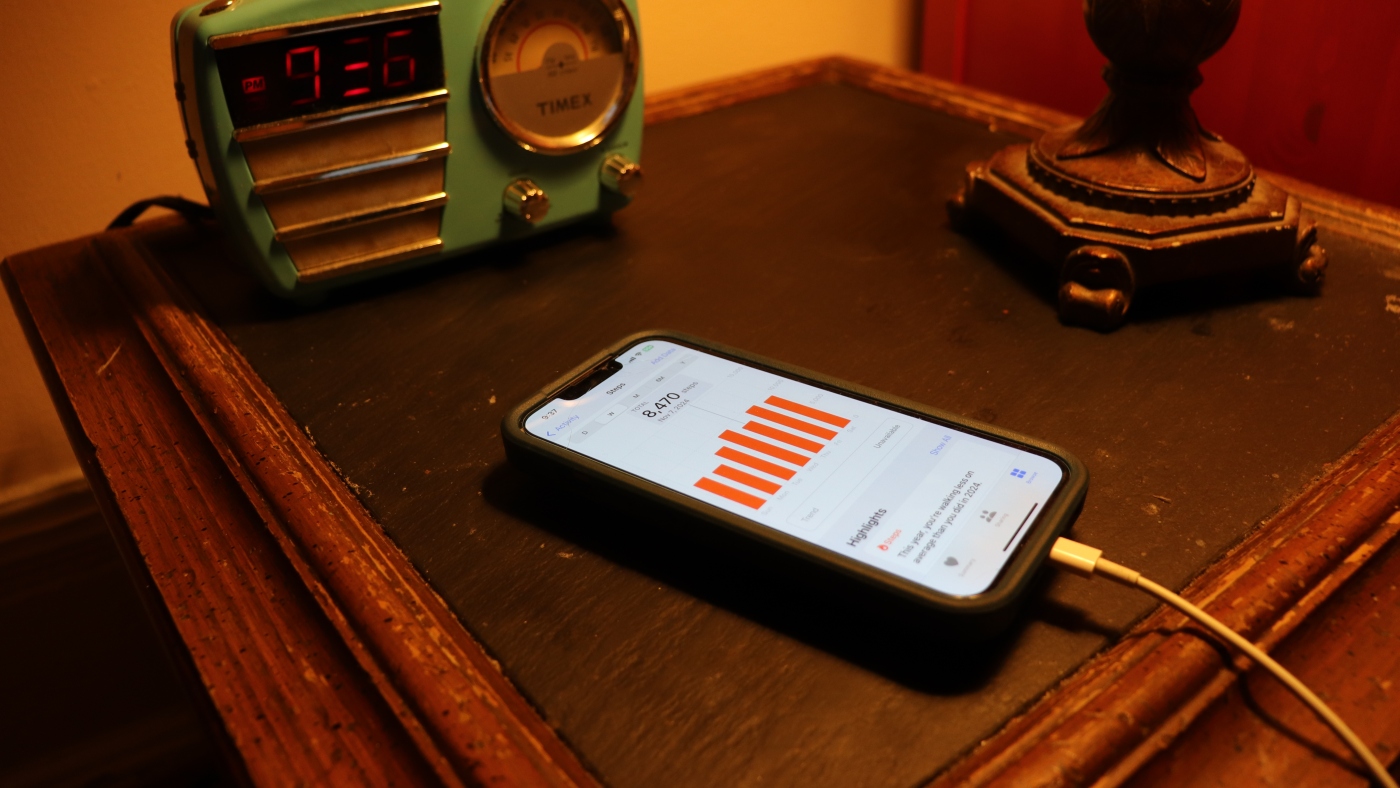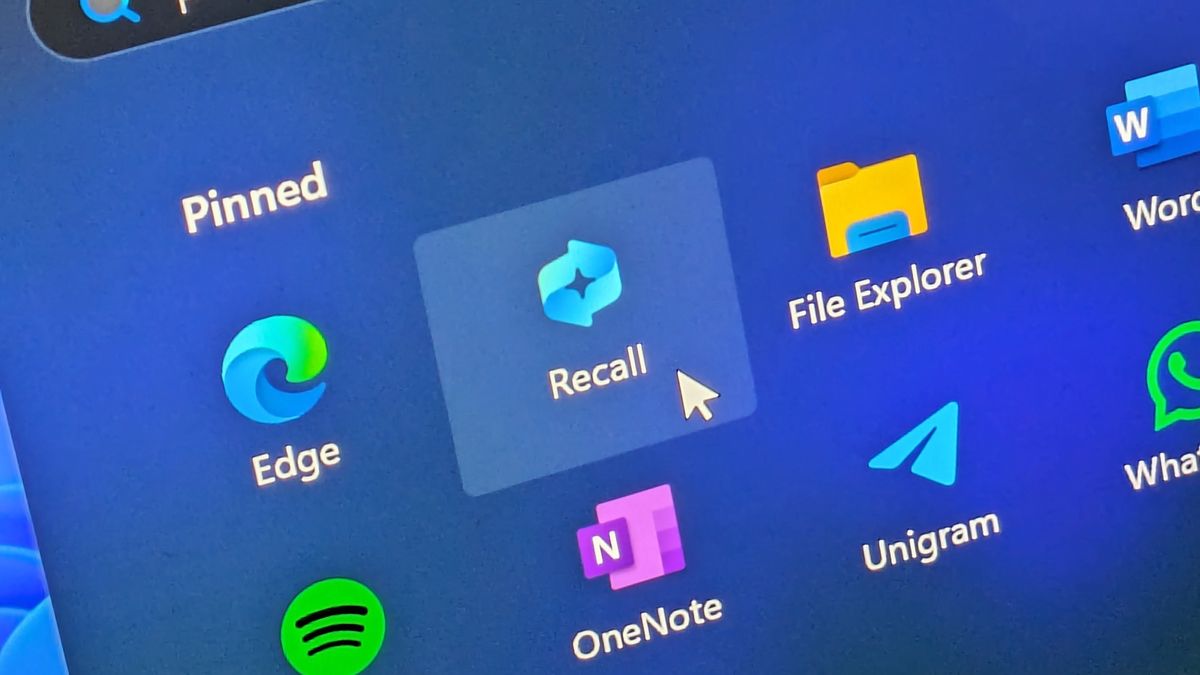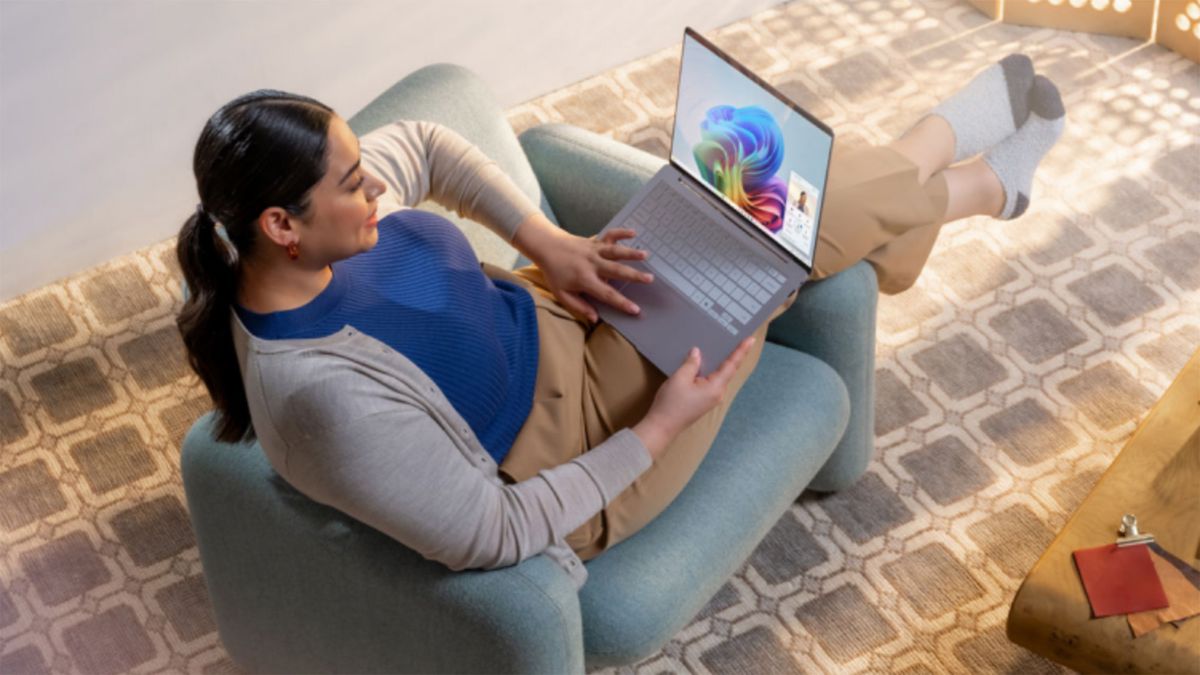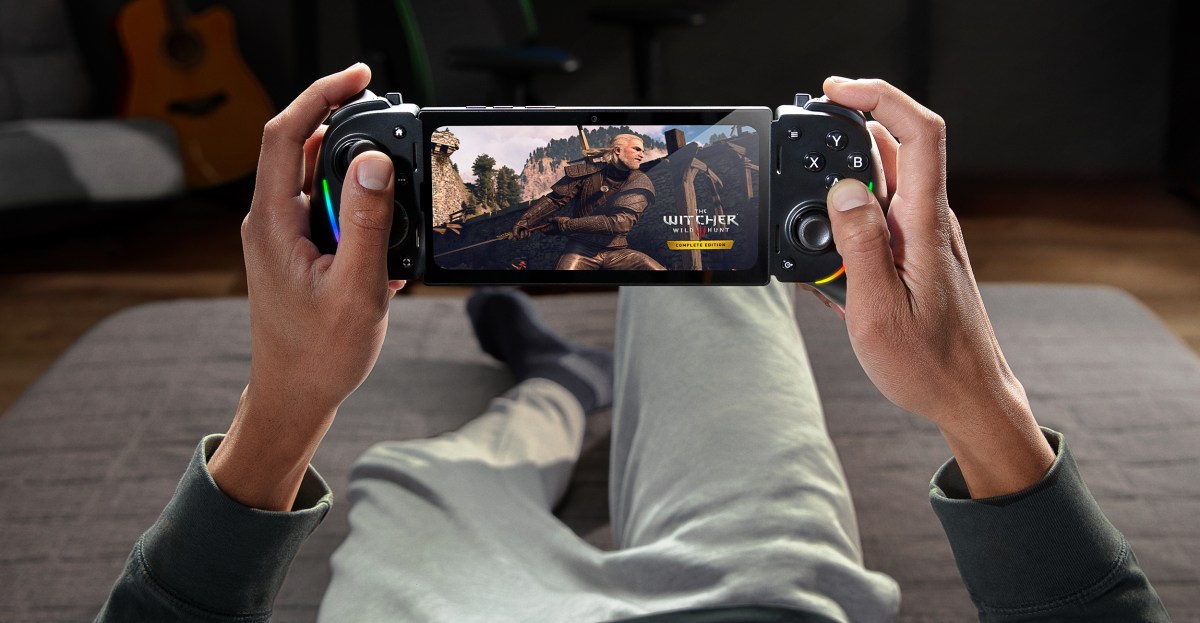Blue Light Bombshell: Why Your Nighttime Screen Habit Might Not Be a Sleep Destroyer

Screens, Exercise, and the Science of Sleep
In our hyper-connected digital age, the impact of screens on our sleep has become a hot topic of discussion. But just how much do those glowing devices truly disrupt our nightly rest? And can exercise be the secret weapon to counteracting these technological sleep thieves?
Modern lifestyles are increasingly dominated by smartphones, tablets, and laptops that emit blue light, which research has shown can significantly interfere with our natural sleep cycles. The constant digital stimulation doesn't just keep our minds racing—it actively suppresses melatonin production, the crucial hormone that signals our body it's time to wind down.
Meanwhile, physical exercise emerges as a powerful ally in the quest for quality sleep. Regular physical activity has been proven to not only help us fall asleep faster but also improve overall sleep duration and quality. It's like a natural reset button for our body's internal clock.
Understanding the delicate balance between screen time and physical activity could be the key to unlocking more restful, rejuvenating nights. So next time you're tempted to scroll through your phone before bed, consider trading that screen time for a relaxing walk or some gentle stretching instead.







